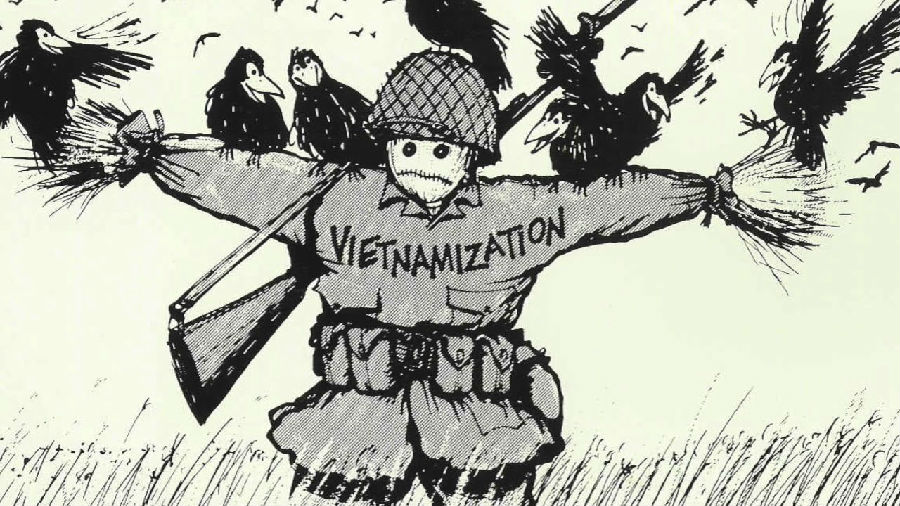Two: Do you remember your President Nixon?
2.還記得尼克松總統(tǒng)嗎?
By the time I recall getting interested in politics, I was a junior high school kid, and the Watergate scandal was in full bloom.
我開始對政治感興趣是在上高中的時候,當時水門事件正愈演愈烈。
From the comments of Republicans and Democrats alike, it was obviously time for Richard Milhous Nixon to resign or be impeached.
從共和黨和民主黨的言論來看,顯然理查德·米爾豪斯·尼克松必須要么辭職,要么被彈劾。
It was clear to me that Nixon was, despite his protests, a crook.
對于我來說,不管尼克松怎么辯解,他顯然是個騙子。
It was clear to me then that he was the worst president ever.
我覺得我覺得他是有史以來最差的總統(tǒng)。

Thirty years later, I've come to believe that Nixon eroded considerably the presidency's prestige. He sure did.
30年后,我開始意識到尼克松嚴重損害了總統(tǒng)的威信。確實是這樣。
But I have also come to realize that Nixon's foreign policy, aside from the quote-unquote "Vietnamization" of the Vietnam War, made a lot of sense.
但我也意識到他的外交政策,除了越南戰(zhàn)爭中的“戰(zhàn)爭越南化”外,很多都很有道理。
It's amazing what you can learn as you grow older and examine things critically.
你成長之后,重新批判性地看事物時會令人驚訝地學(xué)到很多新東西。
Nixon's decision to establish relations with Red China was an important step toward ending the Cold War.
尼克松與紅色中國建立外交關(guān)系是結(jié)束冷戰(zhàn)的重要一步。
The Chinese were grateful for being recognized as a world power.
中國人很高興能夠被看成是世界主要力量之一。
The Soviets were frightened by China's enhanced status.
蘇聯(lián)很害怕中國地位的提升。











